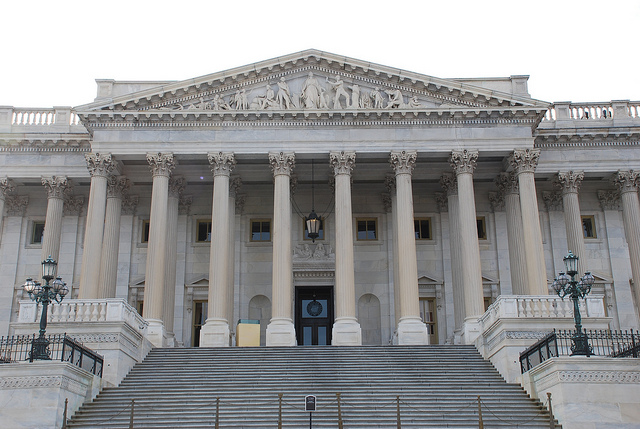As Massachusetts voters consider expanding opportunity through public charter schools on November 8, charter school parent Laura Richards explains how charter schools in Massachusetts have helped her son in ways she never imagined possible.
Her inspiring story:
Share Laura’s story to help cut through the noise and fearmongering from teacher’s unions and other protectors of the status quo, so that voters in Massachusetts and beyond know exactly how powerful choice and opportunity can be before they head to the polls.














